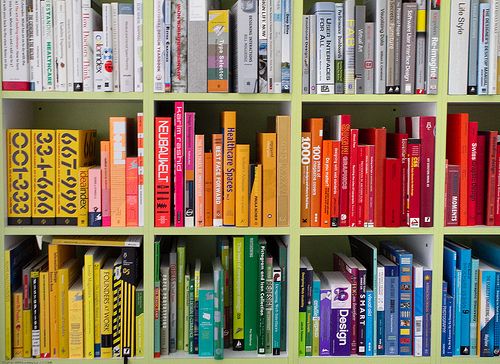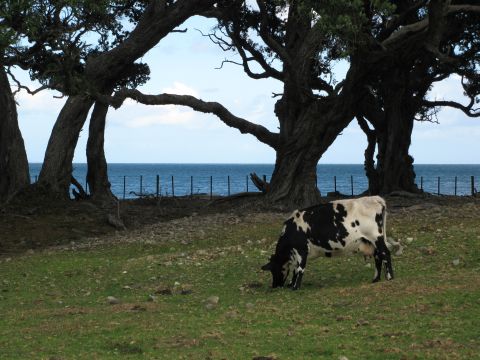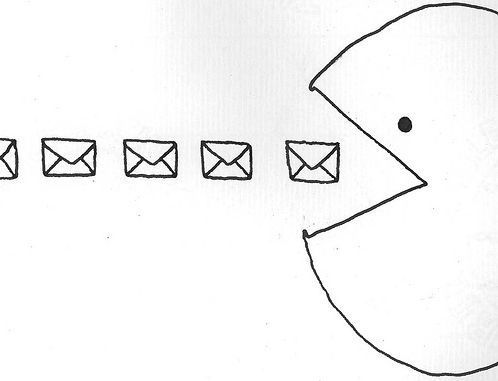
Every morning, I wake up to a home with nothing out of place. I’ve never been a Neatness Nazi and I still am not, but I’ve set things up so that my place just doesn’t get messy.
Every object in my house has a home of its own now. A little over a month ago, I vowed to eliminate homelessness from my home. My reasoning was that if I can’t be bothered to give my possessions a proper place to sleep at night, then I own far too much. I don’t want to own anything I don’t use or don’t appreciate. I don’t want stuff any more, only things.
“A place for everything, and everything in its place” is an ancient platitude that we’re all familiar with, but don’t think I have never been in the home of someone truly living it. I suppose in ancient times most people only owned a few dozen possessions so it wasn’t so hard.
But in our culture it’s perfectly normal for one person to own thousands of objects, far more than they could ever remember they own, let alone make use of or keep organized.
I insisted on finding out what it’s like to live this dream. In thirty days my lot has gone from chronically disorganized to nearly immaculate, by making one simple but drastic change:
I won’t own anything I can’t give a home to.
After a lot of tossing, selling and donating, everything I own now has a place where it is properly, officially away. A place where:
I always know where it is I don’t have to move a bunch of crap to get to it It doesn’t look ugly or get in the way I can put it away in less than ten secondsAt the end of the day I take five minutes and put everything that’s still lying out where it belongs. There’s usually about ten or twelve items that aren’t already in bed, and the apartment quickly becomes hotel-room tidy again.
I used to live in perpetual untidiness. It wasn’t disgusting, but it wouldn’t be odd to find, say, notes and receipts on my kitchen table, a stack of library books on my coffee table, a jacket draped on a dining chair, and a hot sauce bottle stranded on my mantel — and that’s when it’s “clean.”
There was never a time when it looked good, except the hour immediately following the five-hour cleanup I would do every other Saturday when it got too bad to take.
And how could it look good? Since many things had no proper home, there was no “base” arrangement where things were exactly where they were supposed to be. I could hide messes, but the simple fact was that I had more things than I could care for. Most people do.
I had to reduce my possessions quite dramatically to get to be able to adequately house everything I chose to keep, but I still have quite a bit. Only once or twice have I wanted to use something that I’d gotten rid of, and it never was a big deal. There is an indescribable weight on your conscience that is released when you give something up. Every item you get rid of frees you, it really does.
I will never go back. There is just zero advantage to keeping more stuff than you can properly care for, even though it’s the normal thing to do. And it’s easy to maintain. I won’t buy anything I’m not prepared to give a home to. For once I am committed to really owning everything I have. Read More



 I'm David, and Raptitude is a blog about getting better at being human -- things we can do to improve our lives today.
I'm David, and Raptitude is a blog about getting better at being human -- things we can do to improve our lives today.
Thank you for the post, I've only started suspecting I have adhd close to my 40's. I've come to the same conclusion as you did about self discipline, but I have trouble organising my life. Could you you share some of the things that worked for you and what kind...